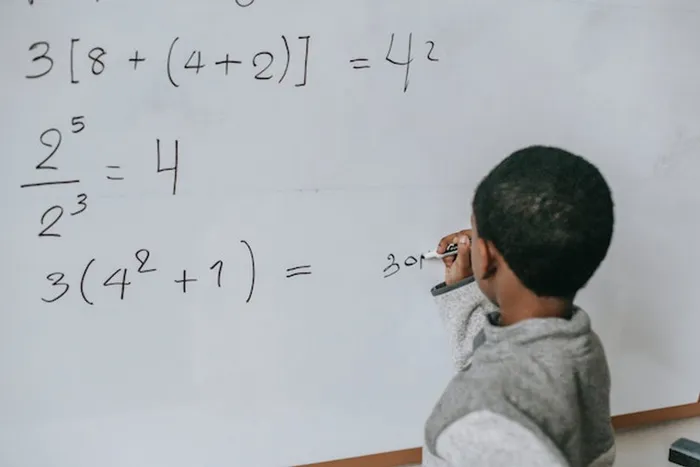Do you keep failing Maths no matter how hard you study? You might have dyscalculia

What could be the causes of such low pass rates in maths? Among lack of proper resources, poor education and commitment to studying could a disorder called dyscalculia. Photo: Pexels
Mathematics is a subject that challenges many students, from primary school to higher education.
According to statistics, less than 30 percent of Grade 12 students in South Africa study maths and just half pass their examinations. This data is concerning because of the skill shortages of science, technology, engineering, and mathematics, (STEM) careers in the country.
What could be the causes of such low pass rates in this discipline? Among lack of proper resources, poor education and commitment to studying could a disorder called dyscalculia.
The Stark Griffin Dyslexia Academy (SGDA) defines dyscalculia as a specific learning disability which affects around six percent of the population.
“Individuals with dyscalculia are not less intelligent than other individuals, but struggle to learn mathematics despite having an adequate learning environment at home and at school. It is a condition that affects the ability to acquire arithmetical skills,” said the organisation.
Dyscalculic learners may also reportedly struggle to understand elementary number ideas, lack an intuitive knowledge of numbers, and struggle to master number facts and processes. Even if they produce the proper result or apply the correct procedure, they may do it mechanically and without assurance.
Children with this condition, according to the SGDA, lag behind in primary school and may develop anxiety or a severe hate of arithmetic.
They are likely to struggle to complete mathematics and scientific classes in their senior year of school, leaving them with few professional possibilities.
The SGDA highlighted that even in adult life, people with this disorder may earn less and have difficulties managing their everyday finances.
“Someone with dyscalculia may appear absent-minded, with a tendency to get lost, lose things, lose track of time, or easily become disoriented; because of this, it is possible for them to be diagnosed with attention deficit hyperactivity disorder (ADHD), rather than dyscalculia,” reported “Psychology Today.”
There is no single test for dyscalculia, according to the media outlet, but the disorder is typically diagnosed through a comprehensive evaluation that tests specific maths skills and general cognitive abilities; reviews family history, standardised test scores, past academic performance; and rules out other, related disorders, such as generalised anxiety or ADHD.
“Dyscalculia, like other learning disabilities, cannot be “cured” and will persist into adulthood. However, with treatment, support, and accommodations, individuals with it can learn to manage the condition and identify coping strategies that allow them to successfully navigate the world,” said “Psychology Today.”
IOL News